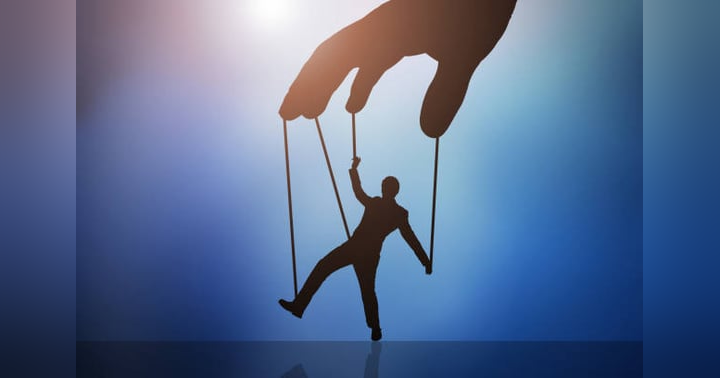Approaching Puberty with Empathy

I don’t know about you, but puberty was a tough time in my life—one I honestly wish I could just bury. I have a very vivid memory of screaming at my mom that I hated her. To put this in perspective, I was the good girl, the one who avoided conflict at all costs. But the words just flew out of my mouth. And to make things worse, 40 years ago, the puberty talk was only focused on getting your period and whether you wanted to use a tampon or a pad! No one prepared me for the emotional rollercoaster that came with it.
Looking back, I can’t help but wonder how different things would have been if I had felt like my emotions were normal instead of something to be ashamed of. Puberty isn’t just about physical changes—it’s an emotional and psychological whirlwind. Kids today are facing the same internal chaos we did, but with the added pressures of social media, academic expectations, and an overwhelming world. When we dismiss their mood swings or eye rolls as “just hormones,” we miss a huge opportunity to connect with them and show them they’re not alone.
Instead of brushing off their struggles, we can validate what they’re going through. A simple “I get it—puberty is hard” can be incredibly reassuring. When kids feel seen and heard, they’re more likely to open up instead of shutting down. The more we normalize this phase of life and approach it with empathy, the better chance we have of raising confident, emotionally resilient young adults. Puberty is rough, but knowing someone is in your corner can make all the difference.

